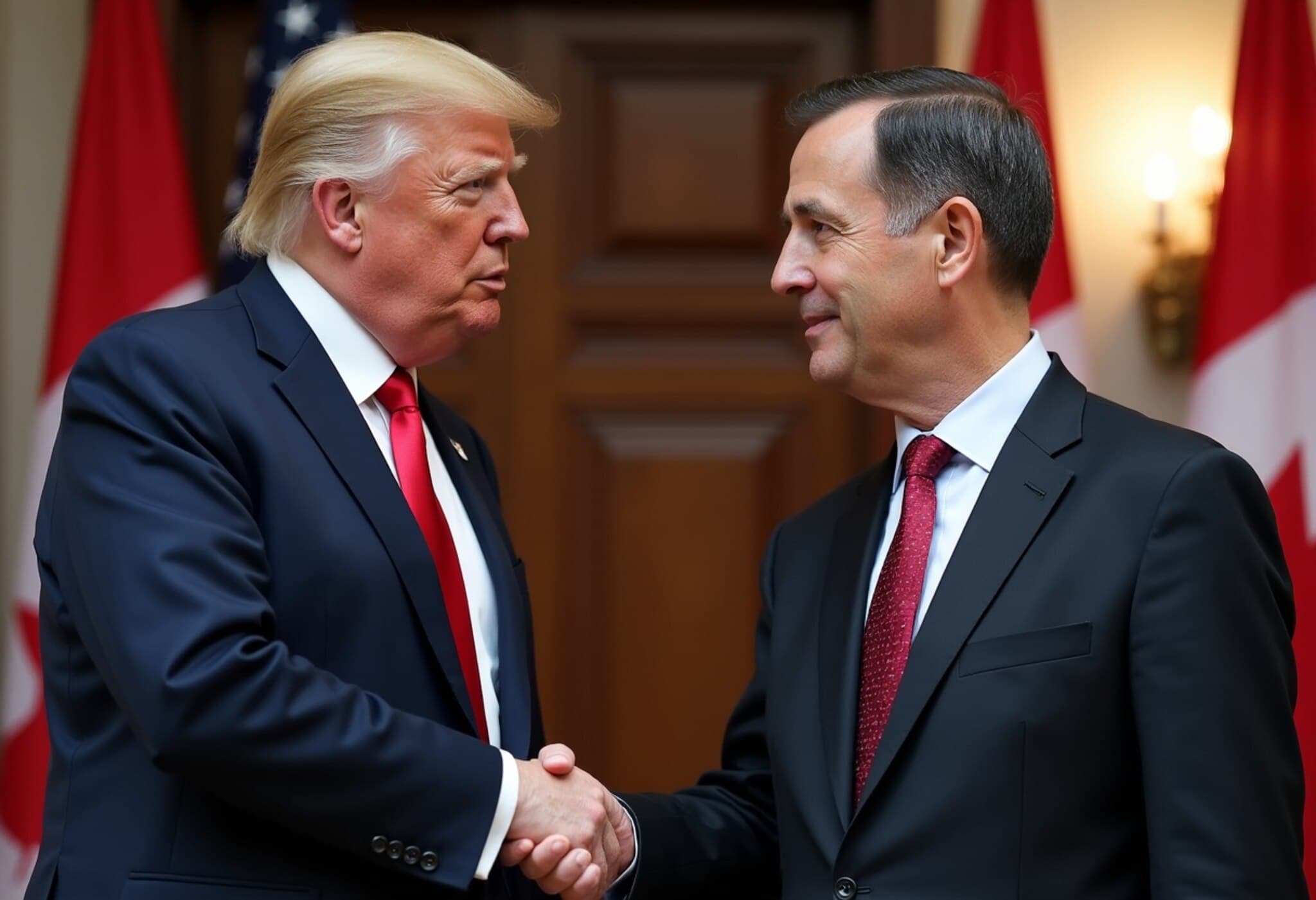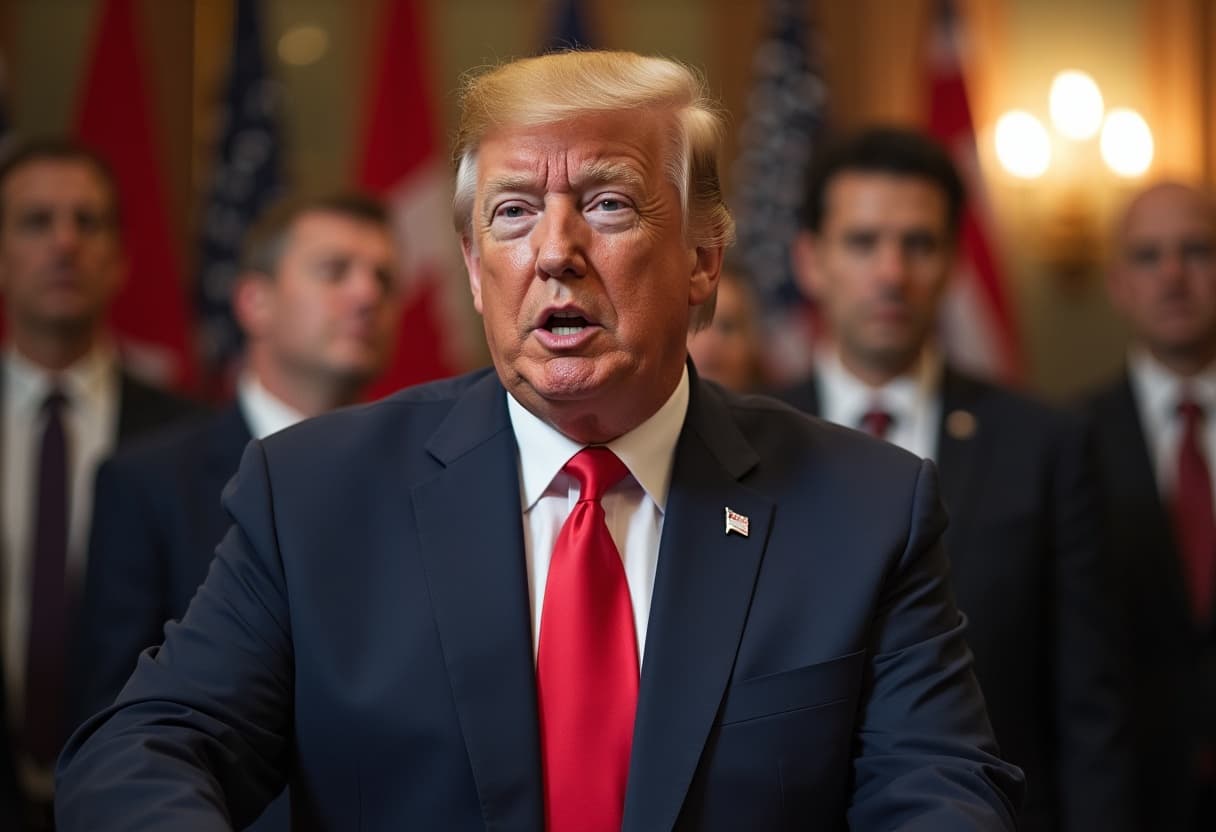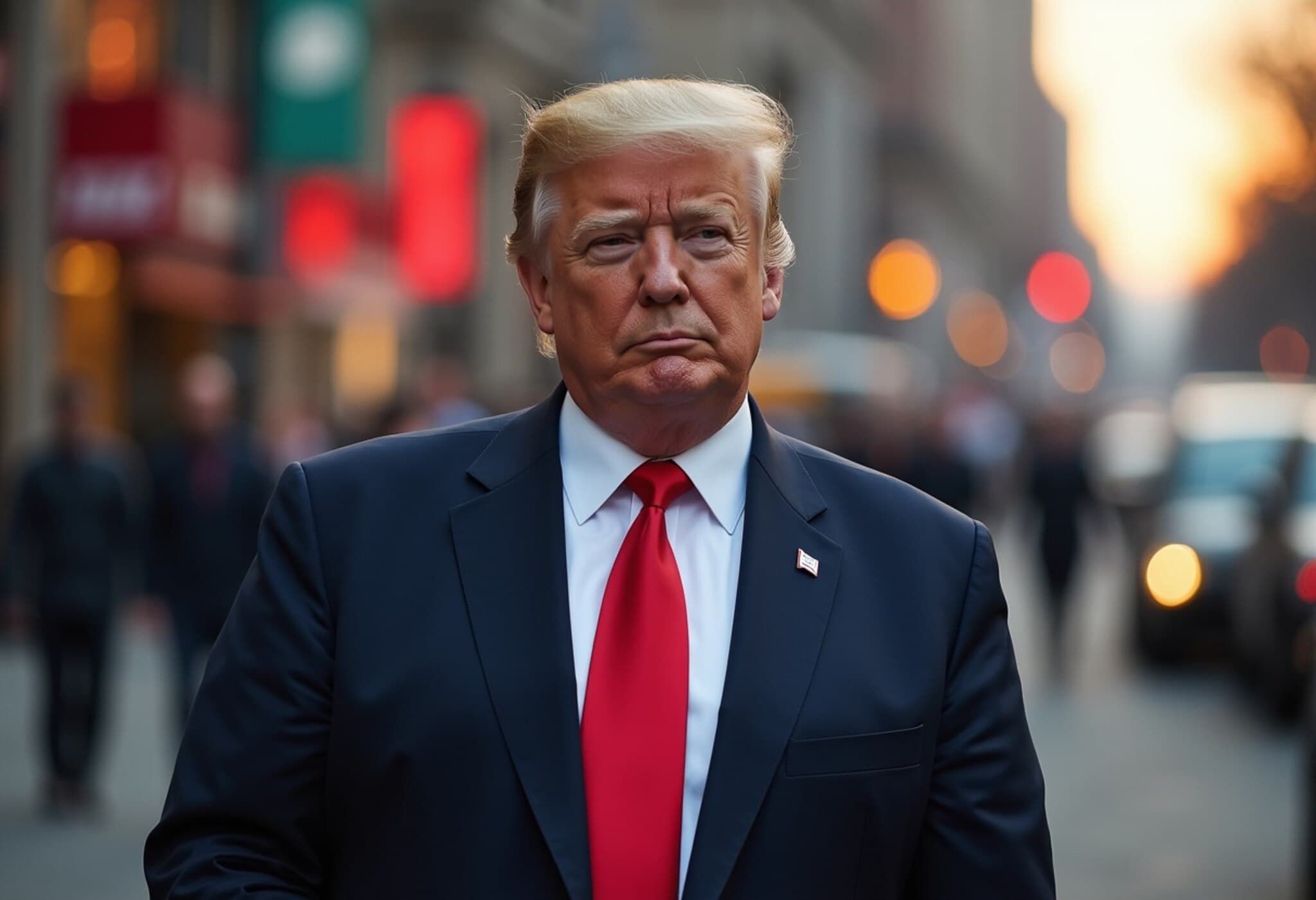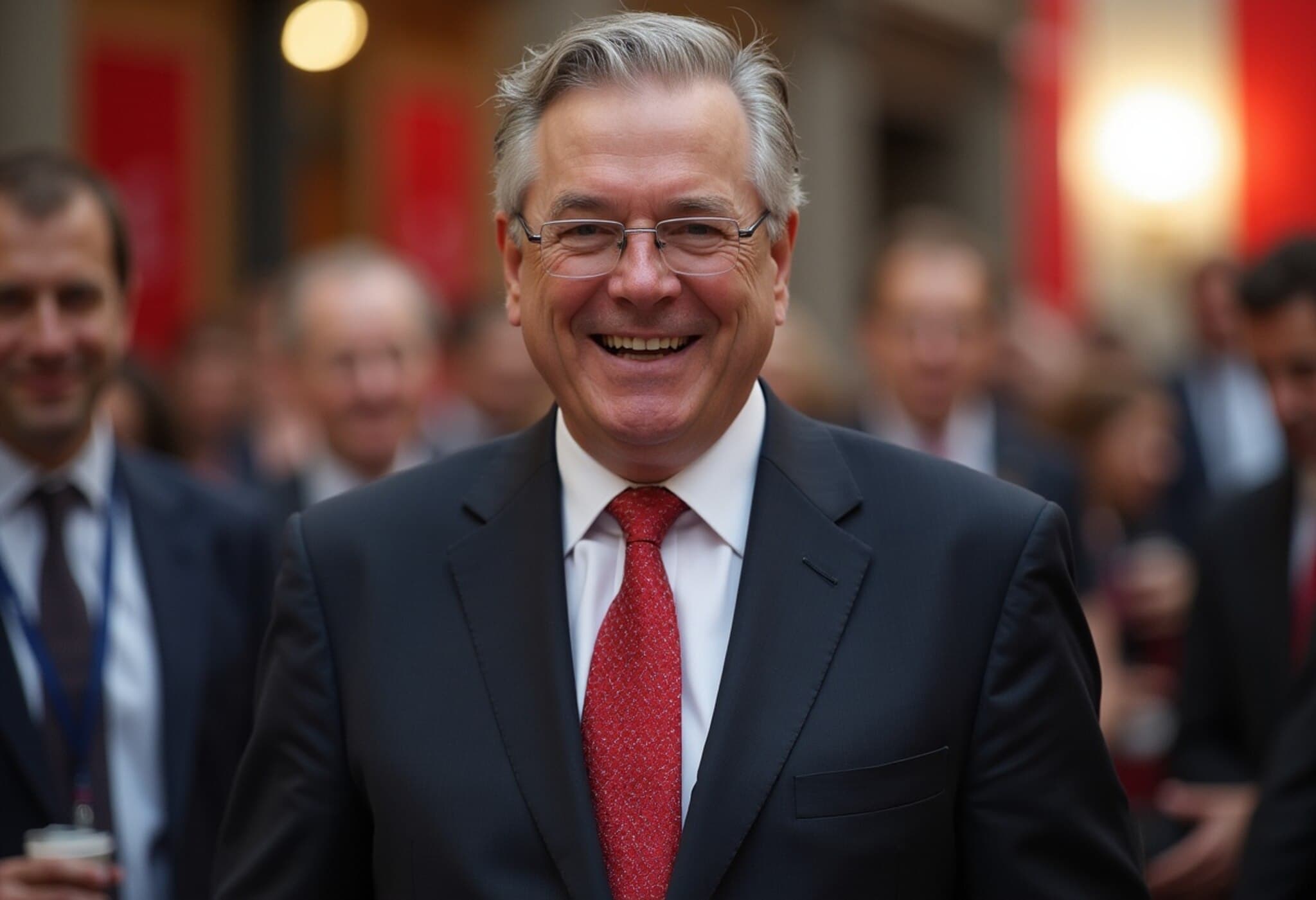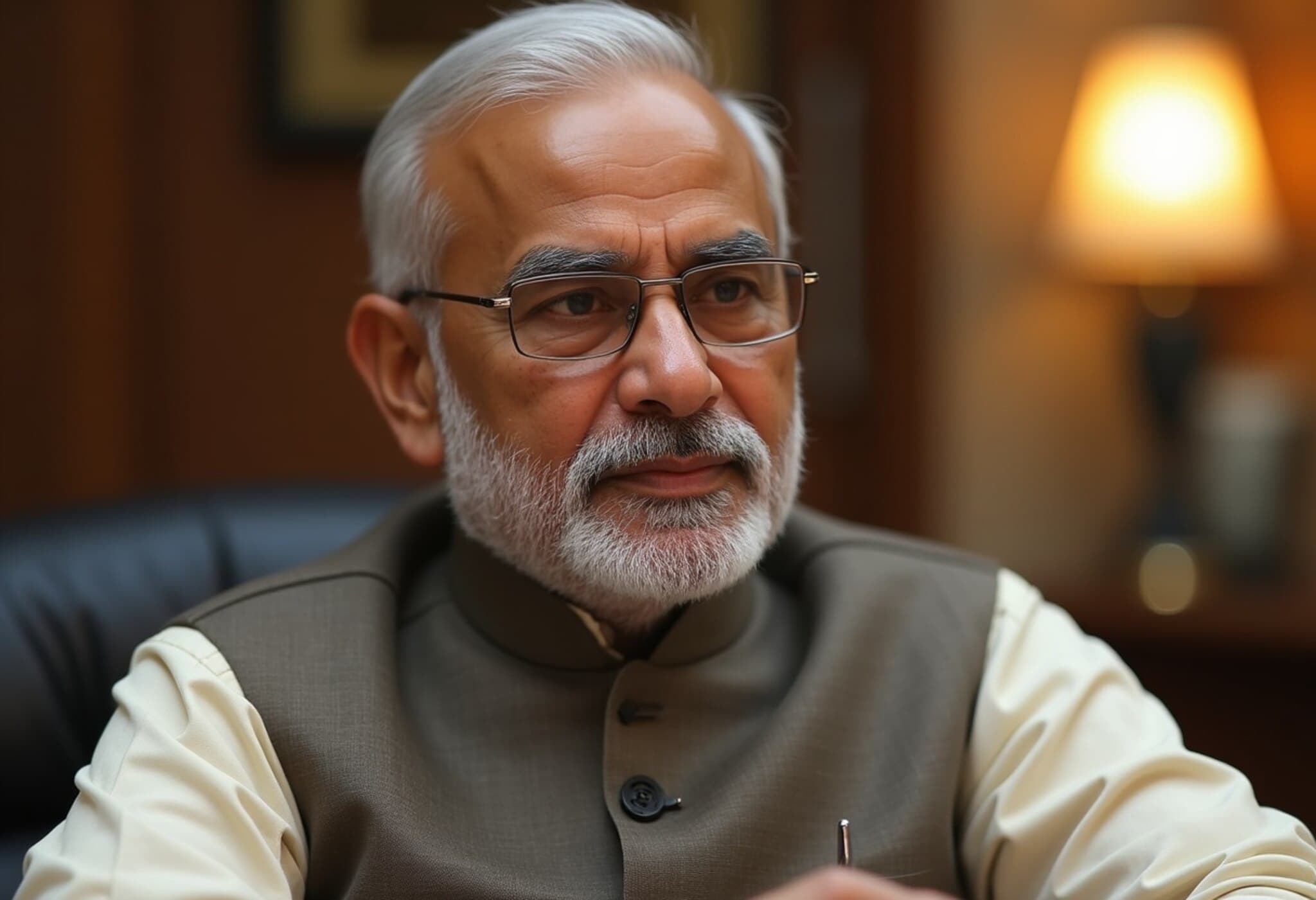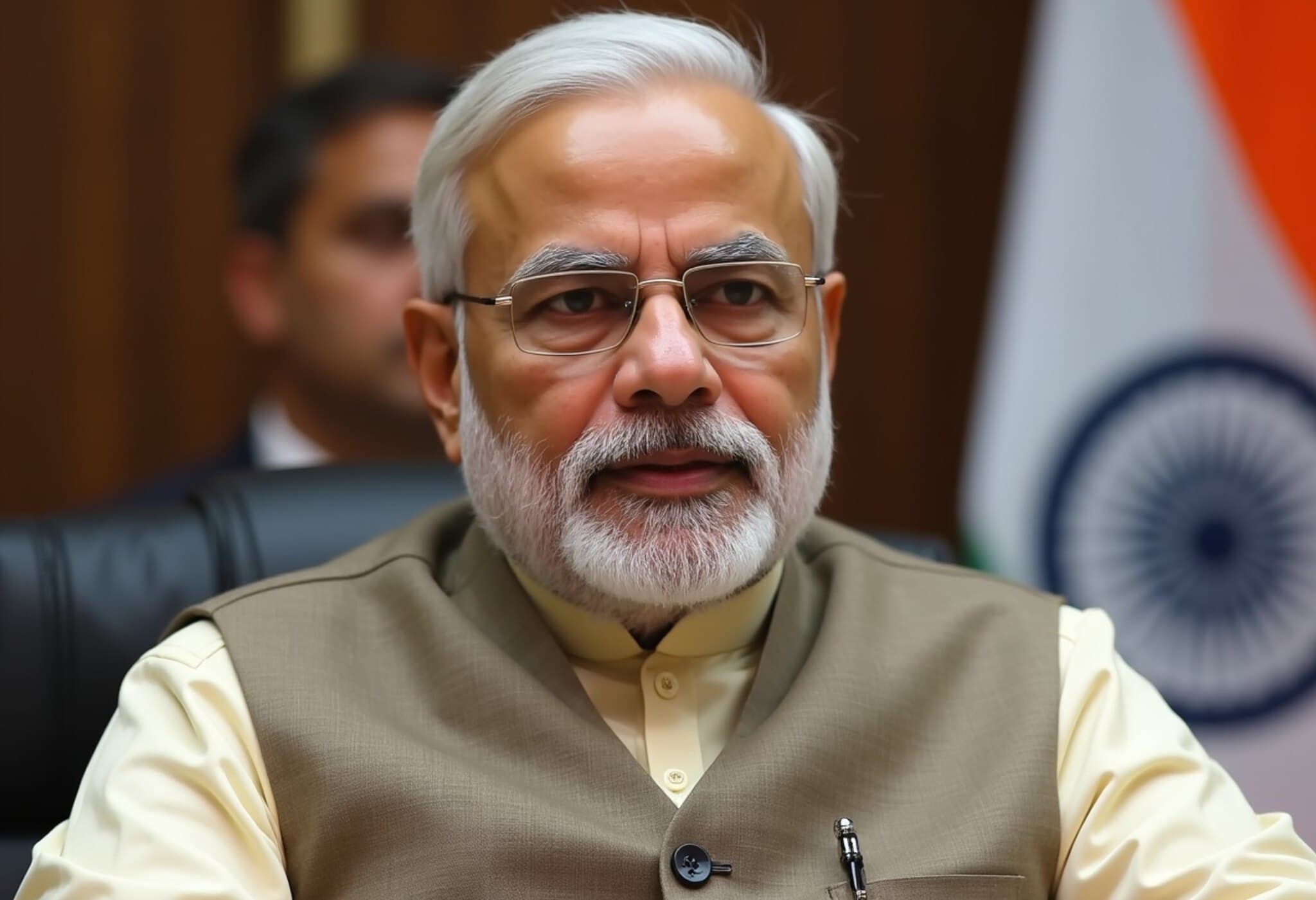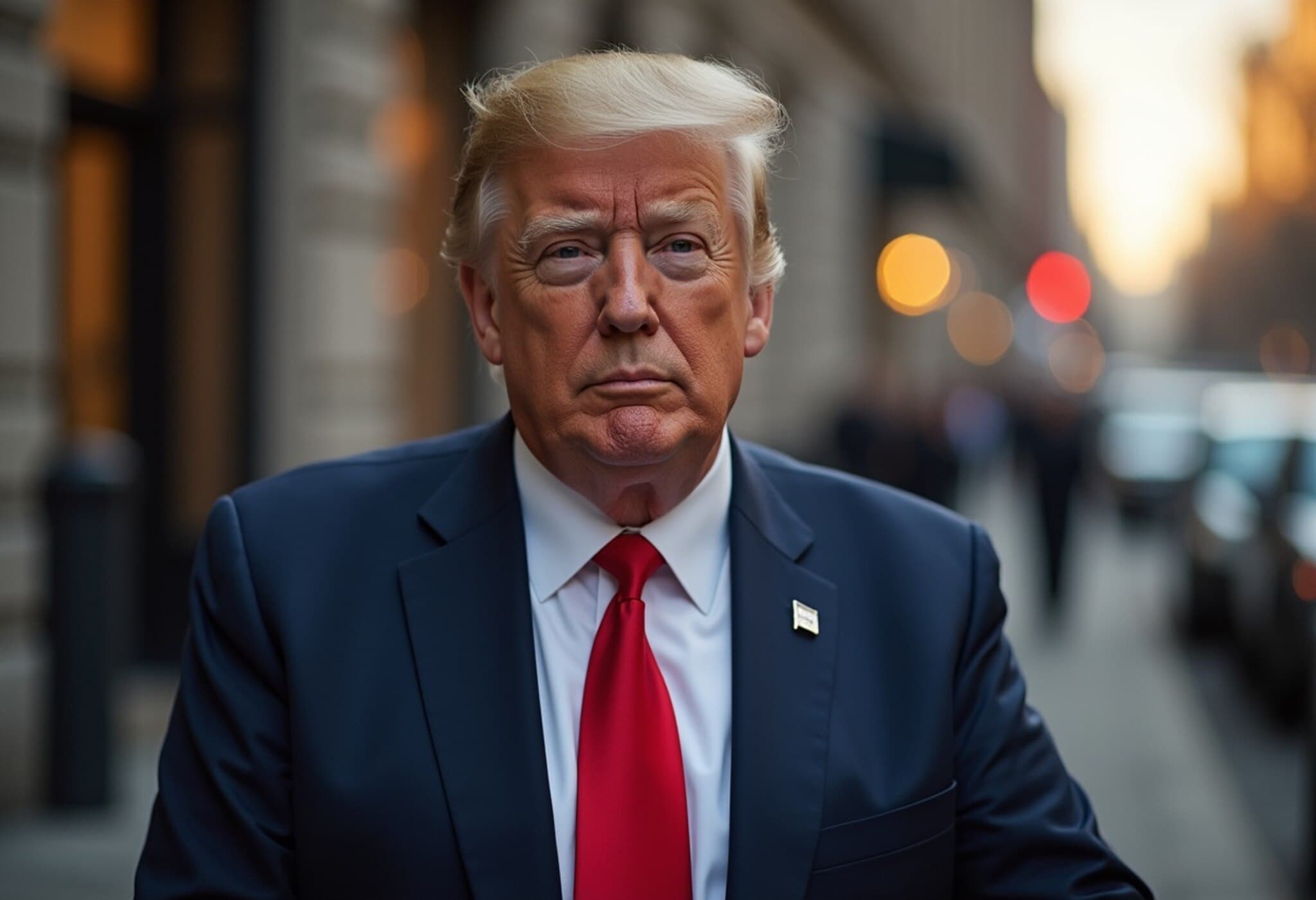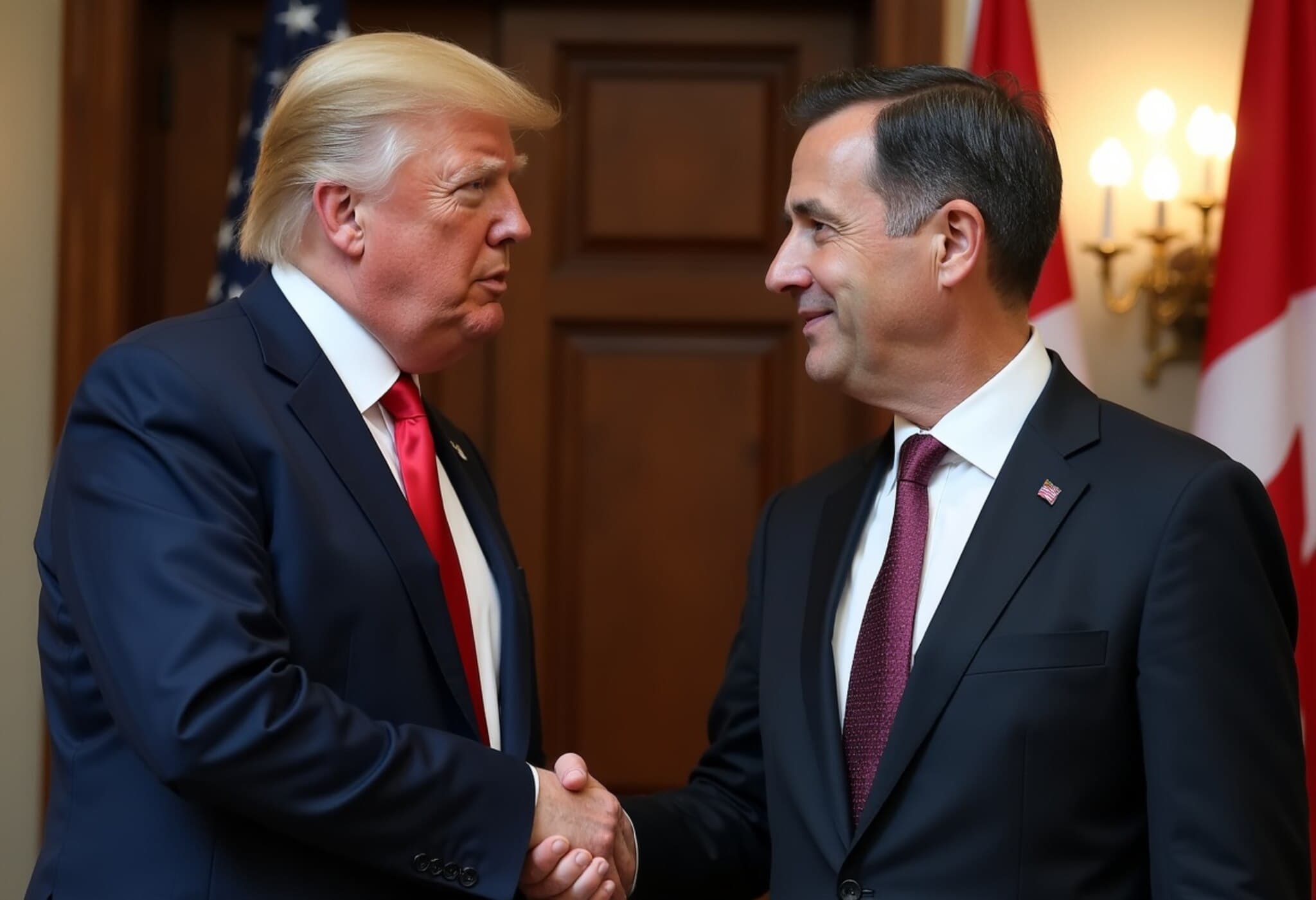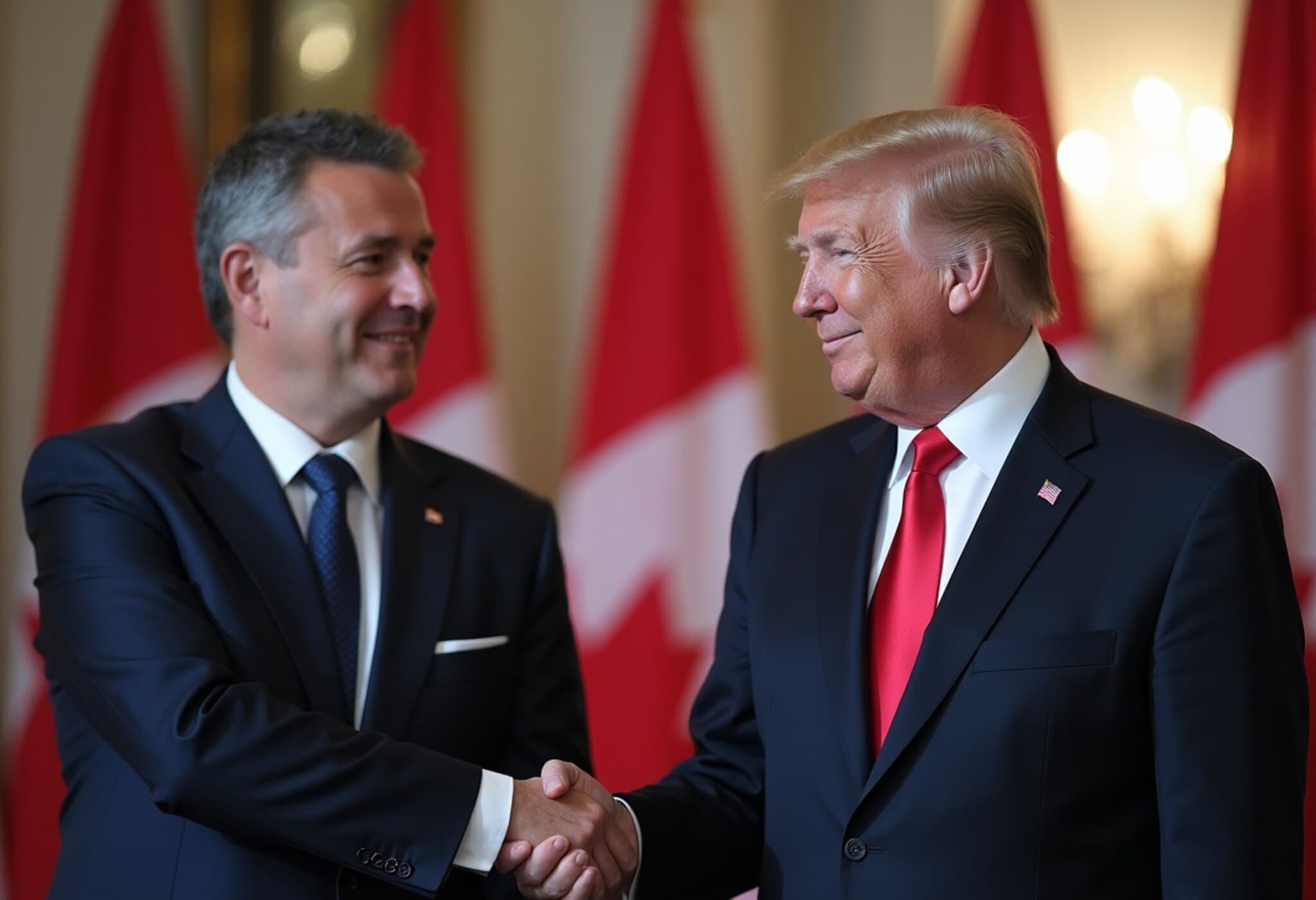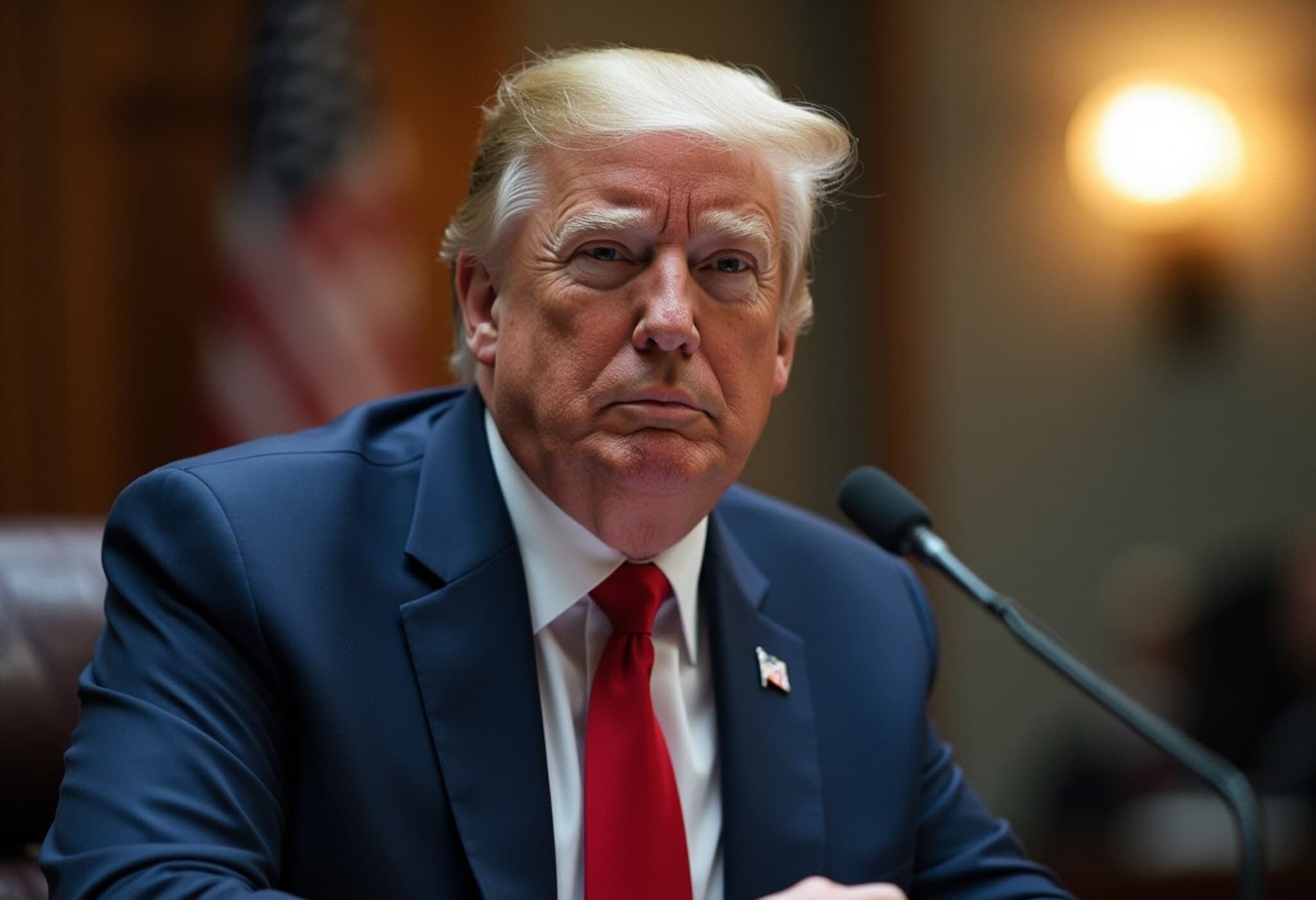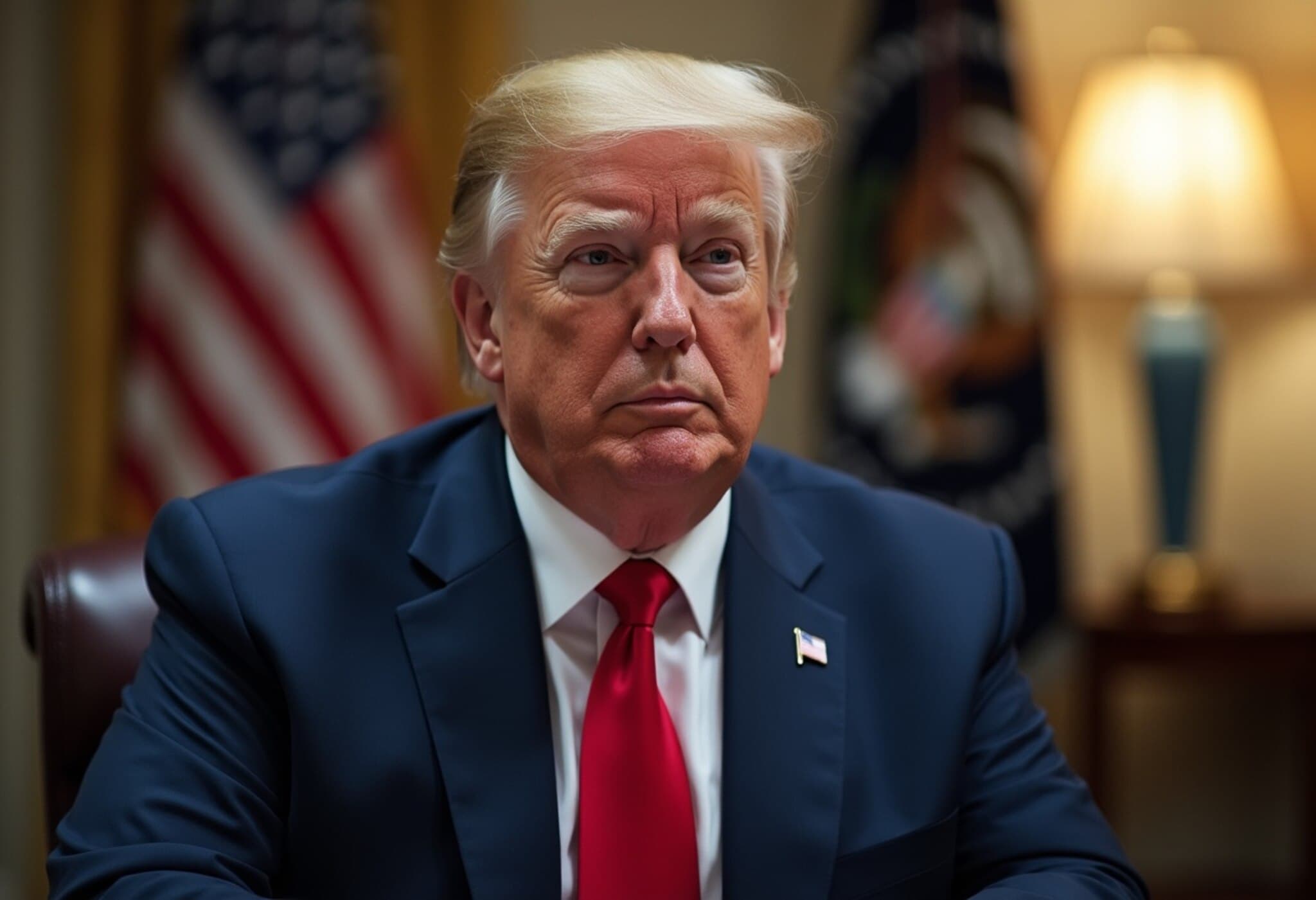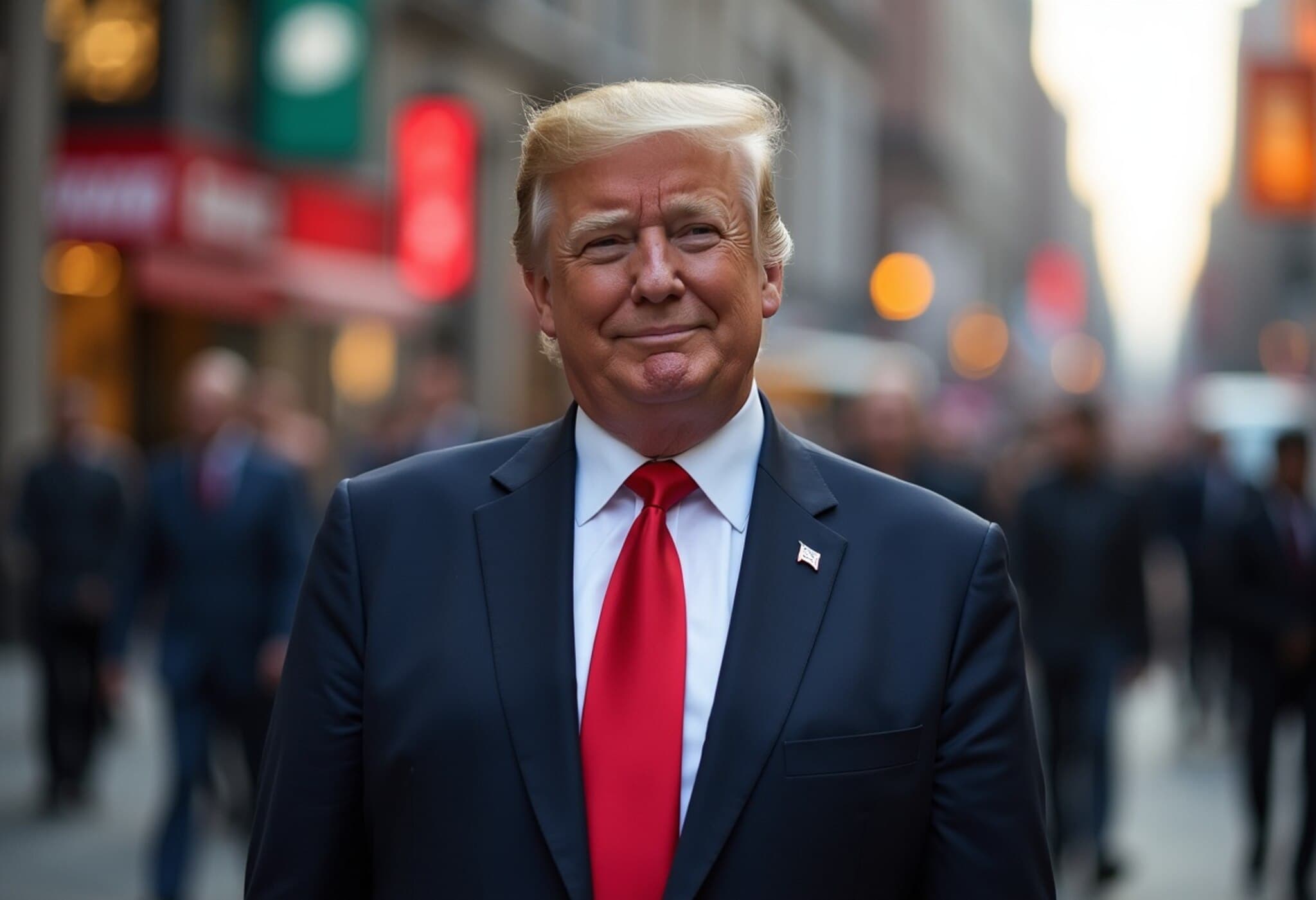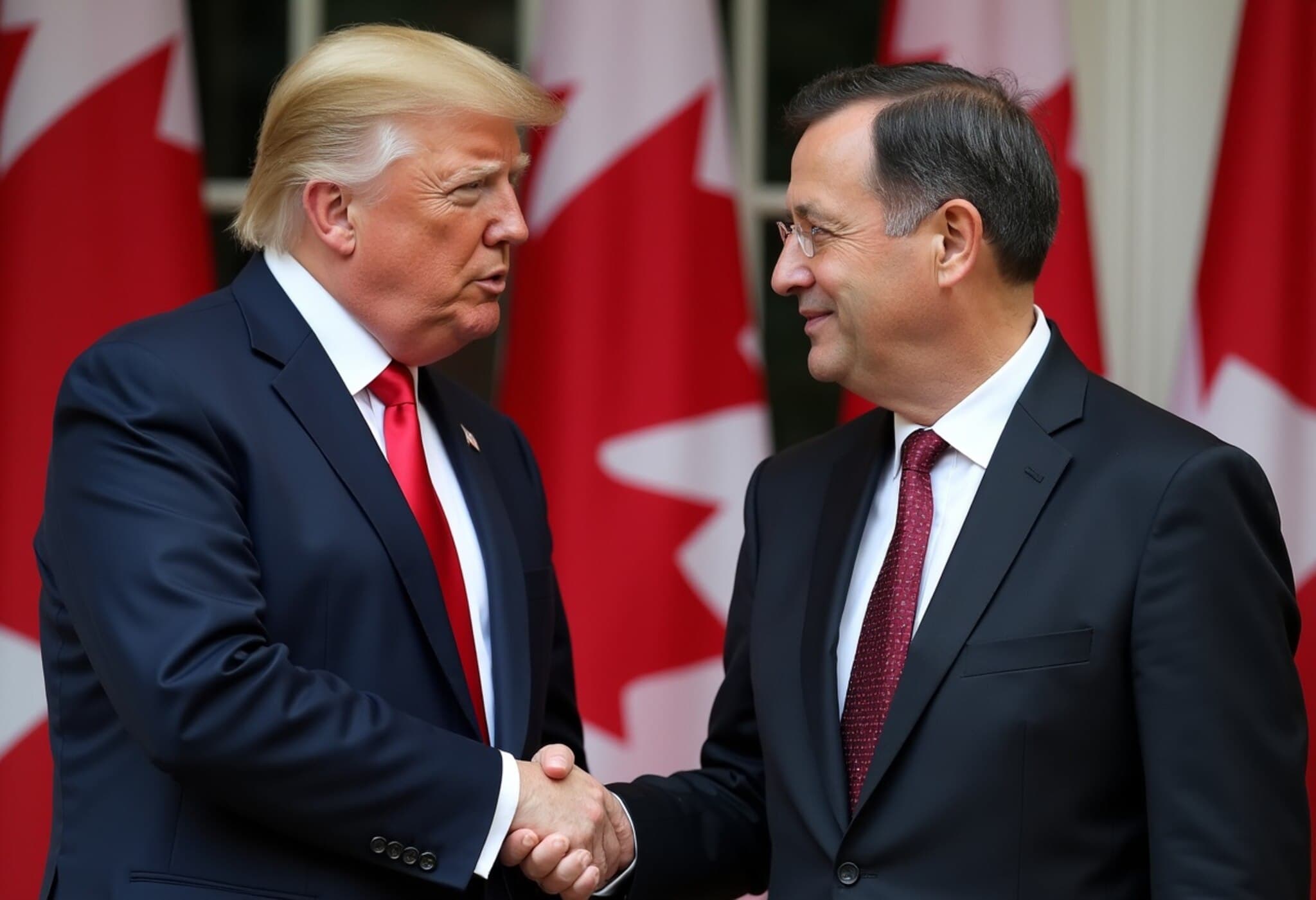Trump and Canadian Prime Minister Carney to Hold Talks Amid Rising Trade Tensions
In a crucial development for North American trade relations, U.S. President Donald Trump and Canadian Prime Minister Mark Carney are expected to confer within the next several days to address ongoing disputes over tariffs on goods excluded from the U.S.-Mexico-Canada Agreement (USMCA). This announcement was made by Dominic LeBlanc, Canada's federal cabinet minister overseeing U.S.-Canada trade relations.
Encouraging Signs from Diplomatic Channels
Speaking on CBS News' Face the Nation, LeBlanc expressed cautious optimism, highlighting productive dialogues between Canadian and American trade officials. He specifically referenced conversations with U.S. Commerce Secretary Howard Lutnick and U.S. Trade Representative Jamieson Greer, stating, "We're encouraged by the conversations... but we're not yet where we need to be to finalize the best deal for both economies."
The trade minister emphasized the possibility of a negotiated solution aimed at reducing tariffs while fostering a climate of investment certainty, which is critical for the intertwined U.S. and Canadian economies.
Background: Tariffs and the Fentanyl Controversy
This upcoming dialogue comes amidst an intensifying tariff standoff that reignited earlier this year when President Trump reinstated levies targeting Canadian goods not covered by USMCA provisions. The recent announcement by the U.S. government partially justified these tariffs by accusing Canada of ineffectively combating fentanyl smuggling into the United States.
Prime Minister Carney has directly countered this claim, underscoring that Canada accounts for only about 1% of fentanyl imports into the U.S. and detailing vigorous national efforts to further curtail illicit trafficking.
Implications for North American Trade and Security
Trade tensions between the two longtime allies present a complex challenge that intertwines economic policy with pressing border security concerns. The ongoing tariff battle risks disrupting supply chains and escalating costs for businesses and consumers alike. Meanwhile, the fentanyl issue underscores deeper cross-border security imperatives that require cooperation beyond tariffs and trade policies.
- Economic Impact: Prolonged tariffs could hurt manufacturers and exporters on both sides, affecting jobs and growth.
- Security Dynamics: Addressing fentanyl smuggling remains a critical concern for U.S. policymakers, influencing broader diplomatic negotiations.
- Diplomatic Prospects: Expert analysts suggest that direct communications between heads of state often pave the way for solutions in entrenched trade disputes.
Looking Ahead: What to Expect from the Carney-Trump Talks
As the two leaders prepare for their discussions, observers will be watching closely for any signs of breakthrough or compromise. The stakes are high, not only for trade but also for demonstrating North American unity amid rising geopolitical and economic uncertainties globally.
Trade experts urge that beyond tariff reductions, the talks should tackle long-term frameworks for border security collaboration, especially on narcotics, which remain a shared threat. Successful negotiation could signal a renewed partnership approach that balances economic integration with security priorities.
Expert Insight
Maria Gonzalez, a trade policy analyst with the Center for North American Studies, commented, "The interplay between economic interests and security concerns makes this a particularly delicate negotiation. The ability of both governments to find common ground here will set the tone for North American relations for years to come."
Editor’s Note
The unfolding dialogue between President Trump and Prime Minister Carney offers a telling glimpse into the evolving dynamics of U.S.-Canada relations. While tariffs dominate headlines, the undercurrents of shared security challenges, especially the fentanyl epidemic, remind us that these bilateral ties encompass far more than trade alone. Readers should watch how these talks balance economic pragmatism with cooperative security strategies — a balance essential for the prosperity and safety of both nations.

